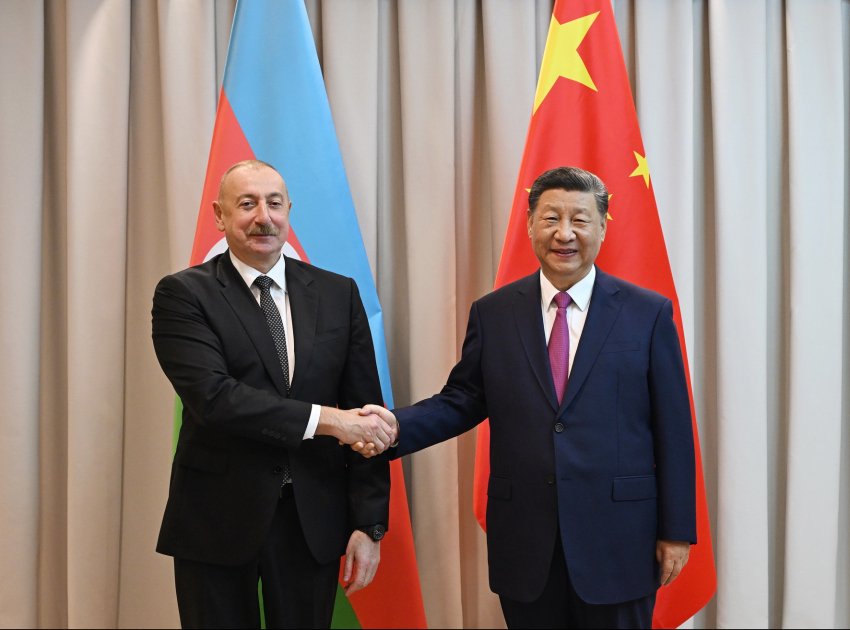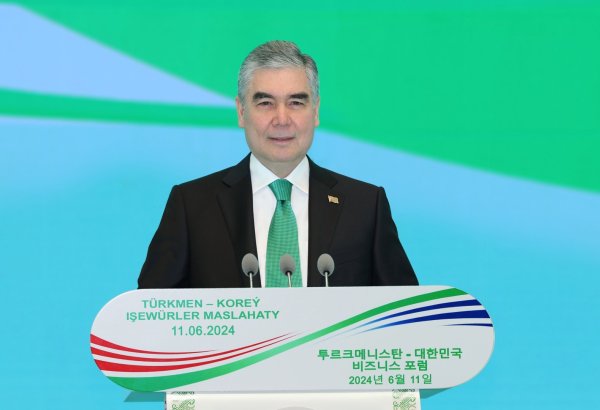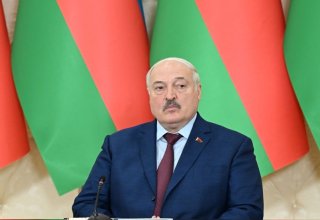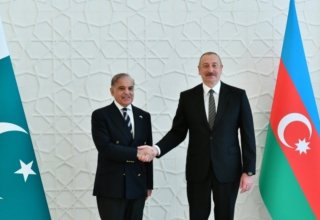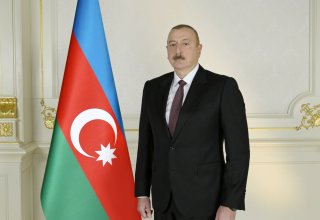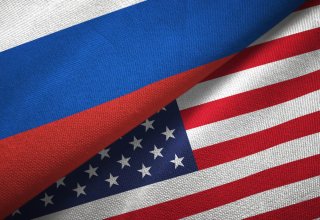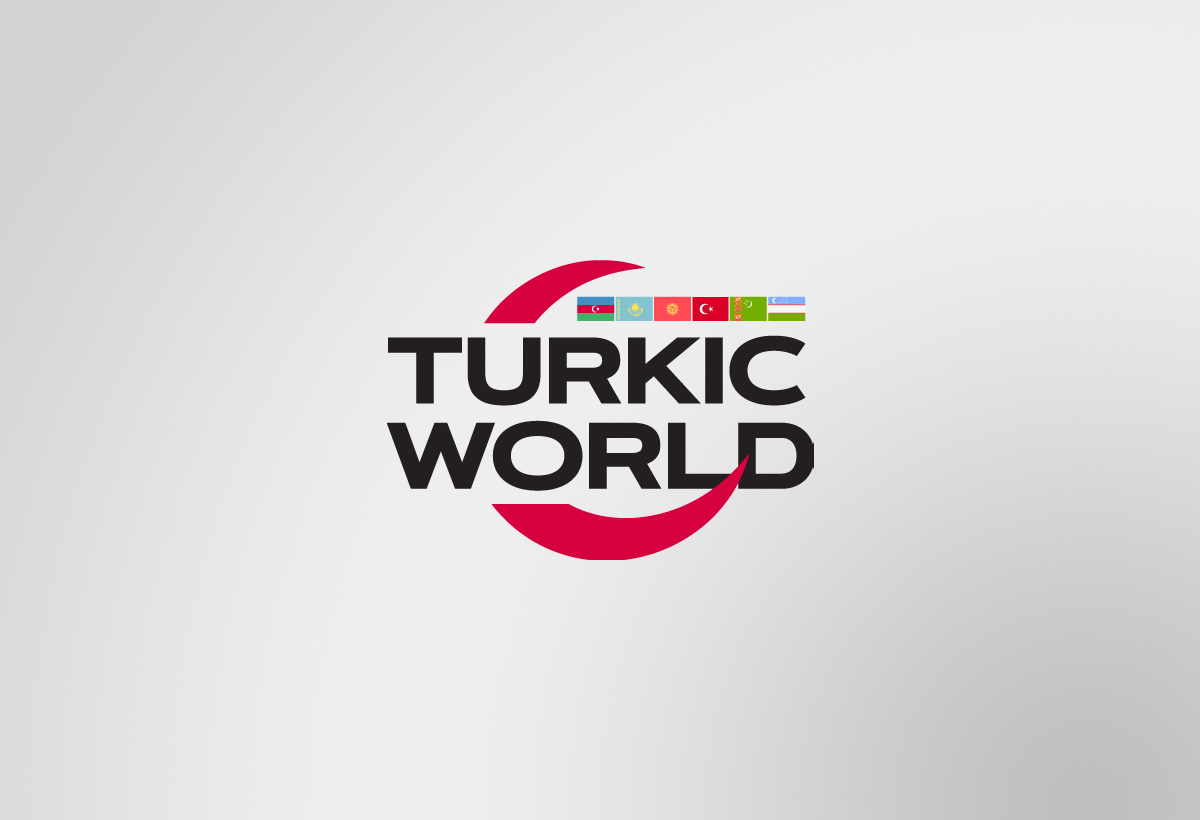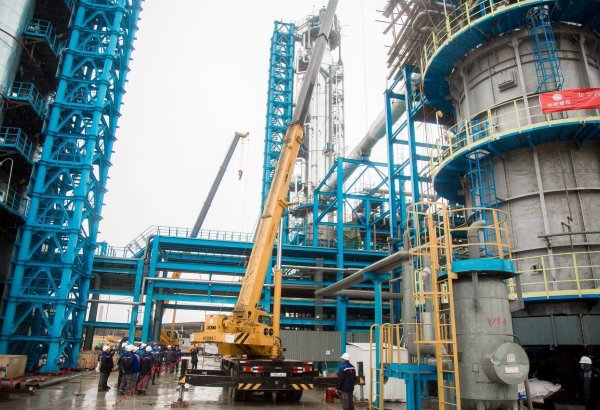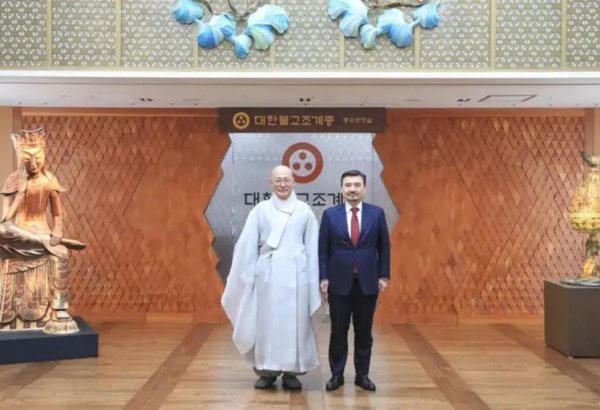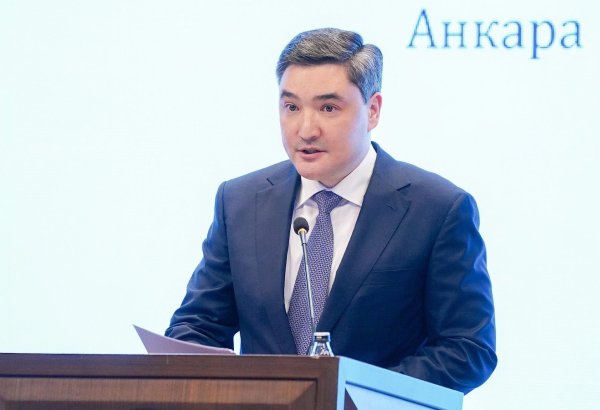BAKU, Azerbaijan, July 26. In today's geopolitical landscape, the relationship between Azerbaijan and China has reached a pivotal point, with both nations poised for tremendous progress. The personal efforts of President Ilham Aliyev and his close relationship with Chinese President Xi Jinping have been instrumental in the successful development of ties between Baku and Beijing.
Recently, the two leaders took a significant step forward by adopting a strategic partnership declaration, boosting their relations to an entirely new level.
"Our countries are good friends and good partners, grounded in equality and mutual benefit. China-Azerbaijan relations have always developed in a healthy and stable manner. Cooperation between the two countries has yielded effective results and reached a richer strategic content," said China’s President Xi Jinping, as he spoke about this declaration during his meeting with President Ilham Aliyev in Astana, Kazakhstan. "With this document, we will elevate our bilateral relations to the level of strategic partnership. This also marks a new starting point. We will continue to enhance mutual support for the prosperity of our peoples".
Recognizing the complex global and regional situation, both countries agreed to expand their collaboration in political, economic, and cultural spheres, aiming to protect mutual interests and promote regional and global peace, stability, and development.
As such, Azerbaijan and China have announced a significant boost in their trade and economic relations. In 2023, the trade turnover between the countries amounted to $3.1 billion. Both countries have committed to further enhancing their cooperation in various fields, with a focus on sustainable and dynamic development.
The two nations have agreed to elevate the role of the Intergovernmental Commission on Trade and Economic Cooperation. This move aims to strengthen their interaction in trade, investment, engineering, and contracting projects. Key areas of focus include transport and communications, green energy, recycling and production, infrastructure, digital economy, and agriculture.
Azerbaijan and China recognize their strong economic complementarity and the immense potential for cooperation in industrialization and investment. As of now, over 300 Chinese companies are registered in Azerbaijan. China has invested $930.8 million in Azerbaijan, while Azerbaijan has invested $263.3 million in China.
With this newly adopted document, Baku and Beijing plan to make full use of the existing cooperation mechanisms, increase contacts on vision, planning, and policy, and facilitate the activities of companies from both countries. Priority areas for cooperation include oil, gas, and green energy, transport infrastructure, information and telecommunications, digital economy, non-ferrous metals, and building materials.
Transport cooperation is arguably the most crucial area for the two countries to focus on. With the development of the Trans-Caspian International Transport Route (TITR), known as the Middle Corridor, Azerbaijan has truly become an international logistics and transport hub. Additionally, Azerbaijan has joined China’s "One Belt, One Road" initiative, a central piece of China's foreign policy, and is actively participating in its development.
In his interview with Chinese CGTN (China Global Television Network) TV channel in Davos in January 2023 President Ilham Aliyev called the Belt and Road Initiative a very wise and timely project.
"Azerbaijan actively joined from the very beginning, and we started to invest in the infrastructure, which was not in place. So, over the last ten years, we built one of the largest, if not the largest, trade seaports in the Caspian, with a capacity of 15 million t, which we plan to expand to 25 million t. We build a shipyard to be able to manufacture the vessels to transport cargo across the Caspian. We invested largely in the railroad infrastructure, not only in Azerbaijan but also in the neighborhood. And now, we have allocated additional investments to expand the capacity of this railroad from Baku to the western destination. And we did all the necessary other projects, like highways and airports," President Ilham Aliyev said.
The Middle Corridor is currently the most efficient and safest route for transporting goods between China and Europe. In 2023, 2.7 million tons of cargo traveled this route, an 86 percent increase from 2022, and in 2024, that figure is expected to exceed 4.2 million tons. The opening of the Baku-Tbilisi-Kars railway has cut the transit time for goods from China to Türkiye from one month to just 12 days. Shipping these goods to Western Europe through Türkiye now takes only 18 days.
Overall, the newly established strategic partnership between Azerbaijan and China envisages commitment to mutual respect, equality, trust, and support, with both countries seeing each other as priority partners. During the leader’s meeting in Astana, President Ilham Aliyev highlighted Azerbaijan's consistent support for the One China Policy and noted that the Azerbaijan condemned the recent elections in Taiwan. Meanwhile, China reaffirmed its support for Azerbaijan's territorial integrity and sovereignty.
Xi Jinping thanked Azerbaijan for its unwavering support of the One China Policy. He also pointed out that both countries share similar positions in their fight against extremism, separatism, and external interference.
The geopolitical landscape of Eurasia is shifting rapidly, but Azerbaijan's role in the Middle Corridor, the Chinese Belt and Road Initiative, and other major regional projects is growing stronger each day. Azerbaijan now plays a leading role in Greater Eurasia. As China expands westward, joint economic projects with Azerbaijan have become crucial for further integrating and connecting the Eurasian region. Therefore, Azerbaijan and its initiatives are increasingly vital to China's socio-economic, geopolitical, and geostrategic interests, as well as to the broader Eurasian landscape.








